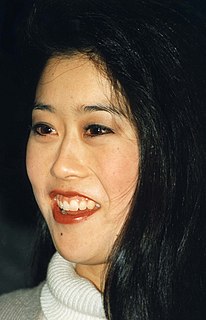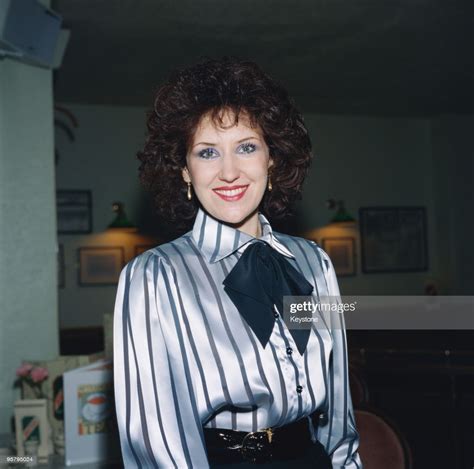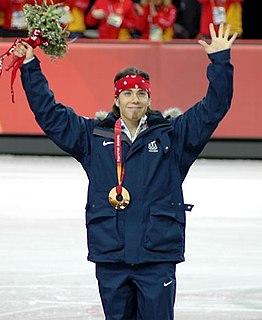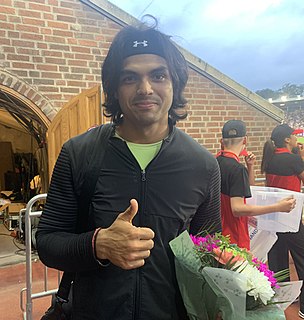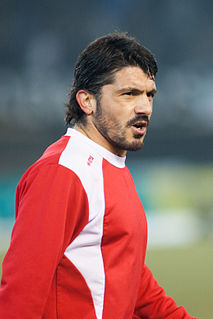A Quote by Nyjah Huston
My success as a young athlete contributed to major disagreements between my parents and my mom had to make the ultimate decision to leave.
Related Quotes
Consider Social Security. The young have always contributed to the support of the old. Earlier, the young helped their own parents out of a sense of love and duty. They now contribute to the support of someone else's parents out of compulsion and fear. The voluntary transfers strengthened the bonds of the family; the compulsory transfers weaken those bonds.
I found every single successful person I've ever spoken to had a turning point. The turning point was when they made a clear, specific unequivocal decision that they were going to achieve success. Some people make that decision at 15 and some people make it at 50, and most people never make it at all.
I had what you could call a chaotic childhood. My parents divorced when I was 2; I went back and forth between my mom's and dad's houses for years. But, you know, my parents tried to do the right thing. As crazy as everything was, and as much fighting and everything, there was always a feeling of support from them.






